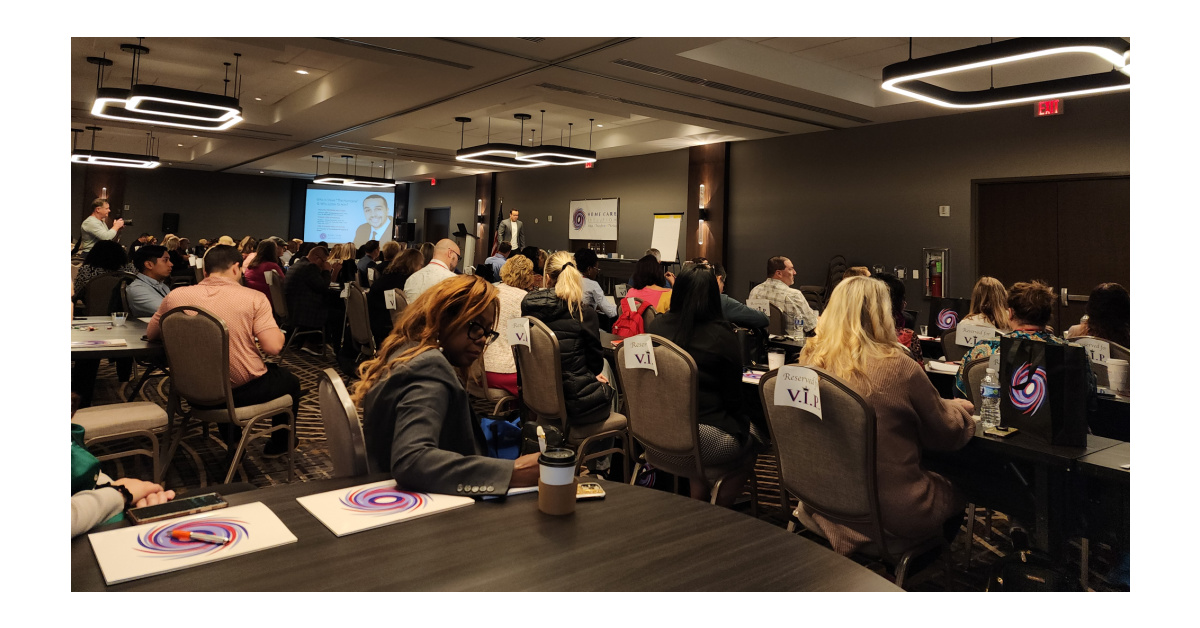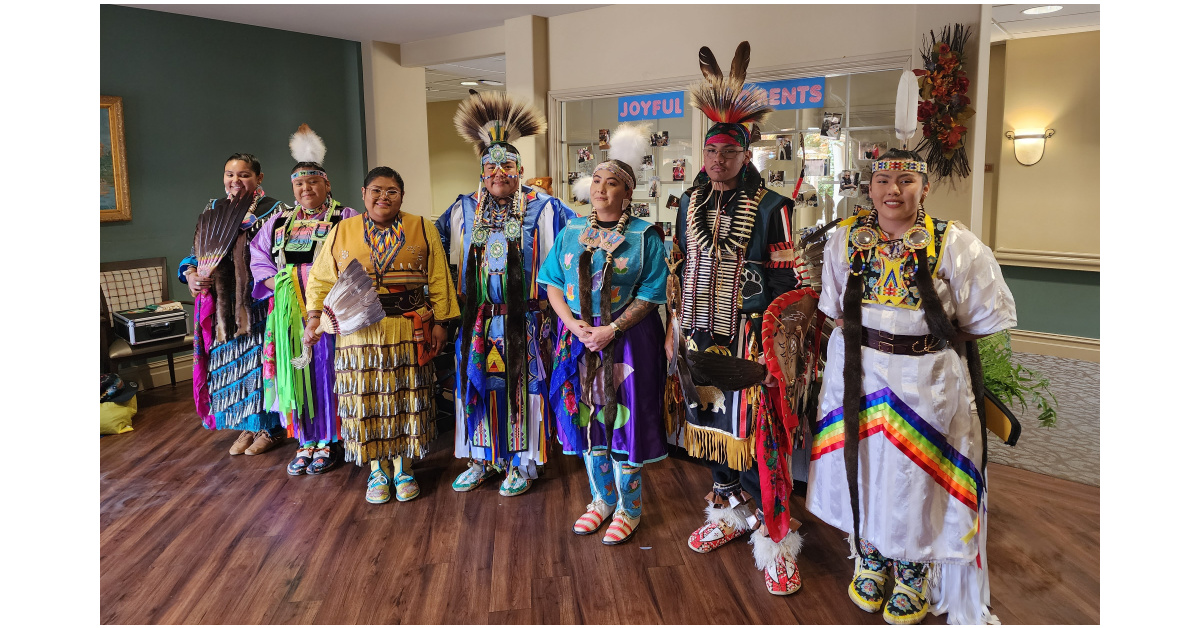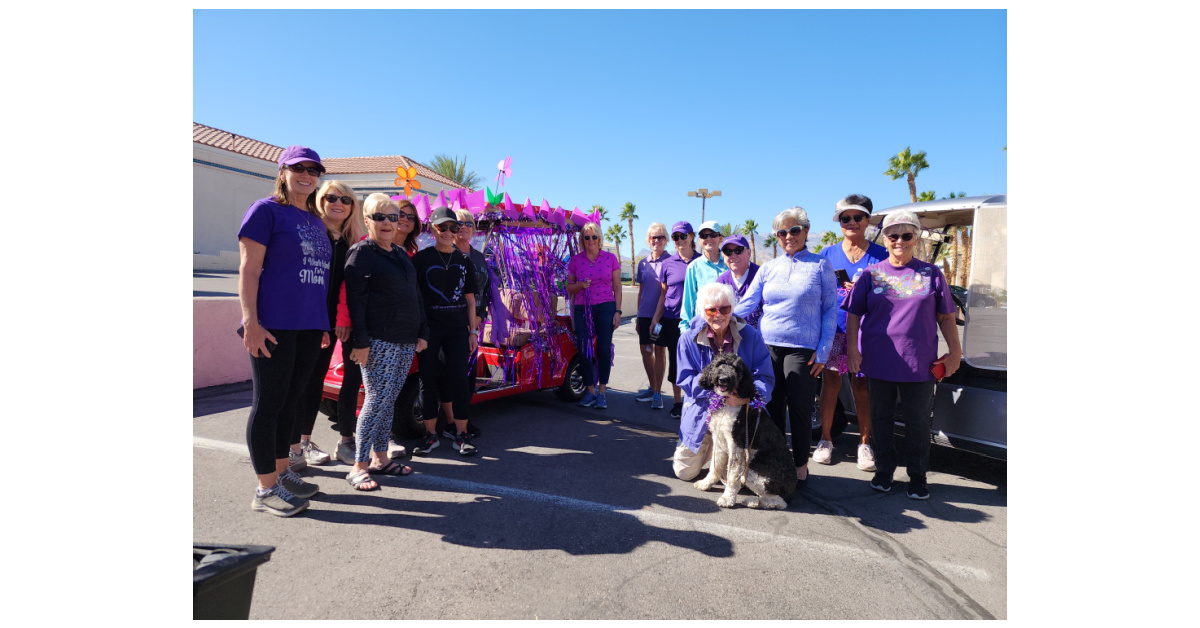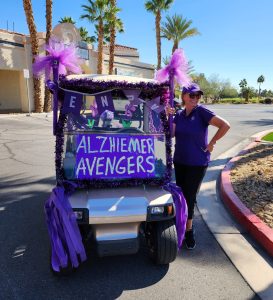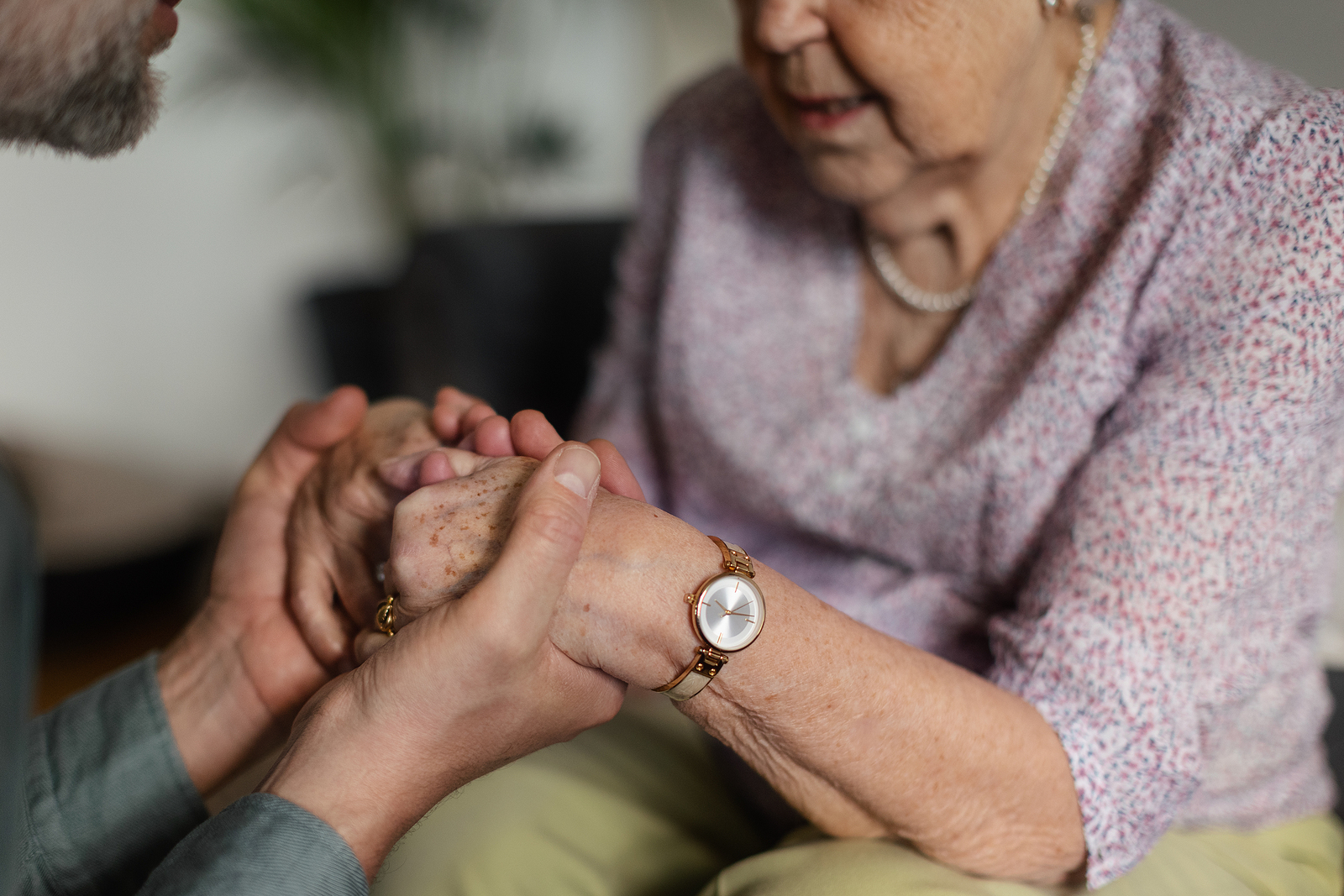Helping seniors process their feelings after a loss is a vital aspect of providing emotional support for the elderly. Seniors, like people of all age groups, experience a wide range of emotions when they face various losses in their lives. Understanding how they grieve about different types of losses can be instrumental in offering them the support they need. Here are a few considerations and how companion care at home can help.
Loss of a Spouse or Partner
This is often one of the most significant losses a senior can experience. Many have spent a lifetime with their partner and formed a deep emotional bond. When they lose their spouse or partner, they may experience intense feelings of loneliness, sadness, and even guilt. Loved ones and companion care at home aides can encourage them to share their memories and feelings while offering support.
Loss of Independence
As seniors age, they may lose their ability to perform daily tasks and rely on others for assistance. This can be a profound loss of autonomy. When this happens, they may react with frustration, anger, or feelings of inadequacy. It’s important to be patient and respectful of their need for independence, where possible. Both the home care team and loved ones can encourage them to engage in activities that can help them regain a sense of purpose.
Loss of Friends and Peers
Seniors often experience the loss of friends and peers due to natural causes or health issues. Their grief may manifest as a sense of isolation and a deep longing for social connections. It’s important to encourage participation in social activities and organizations and slowly help them build new friendships and connections.
Loss of Health
The deterioration of their physical health can be a significant source of grief, especially if it limits their ability to enjoy life. Seniors may experience fear, anxiety, and depression as they grapple with their changing health status. The first thing to do is to encourage a healthy lifestyle and regular checkups to increase the chance that any issue that arises is caught early. Additionally, offer emotional support and provide resources for counseling if needed.
Loss of Mobility
Loss of mobility can lead to a loss of freedom and a sense of confinement. Seniors may feel frustration and sadness at not being able to engage in activities they once enjoyed. Loved ones will need to support them in finding adaptive ways to pursue their interests and engage in physical therapy or exercises suitable for their condition. In addition, this is a good time to start or increase their services with the companion care at home team.
Loss of Cognitive Abilities
Cognitive decline due to conditions like dementia or Alzheimer’s can be a challenging loss for both seniors and their loved ones. Grief may manifest as confusion, frustration, and sadness. It’s important to focus on providing a safe and supportive environment while navigating changes and creating a plan moving forward.
In all cases, it’s essential to listen, show empathy, and provide a safe space for seniors to express their feelings. Encourage them to seek professional help when necessary, and ensure they have access to support networks, such as family, friends, and support groups. Remember that grief is a highly individual experience, and the process may take time, so patience and understanding are key to helping seniors navigate these emotional challenges. Along the way, the companion care at home team can be a vital support.
Sources:
https://www.centerforgrieftherapy.com/older-people-grieve-differently/
https://www.ncbi.nlm.nih.gov/pmc/articles/PMC1113122/
https://bluemoonseniorcounseling.com/stages-of-grief-in-seniors/
If you are considering companion care at home in Henderson, NV for an aging loved one, please contact the caring staff at Golden Heart Senior Care of Summerlin. 702-800-4616.
